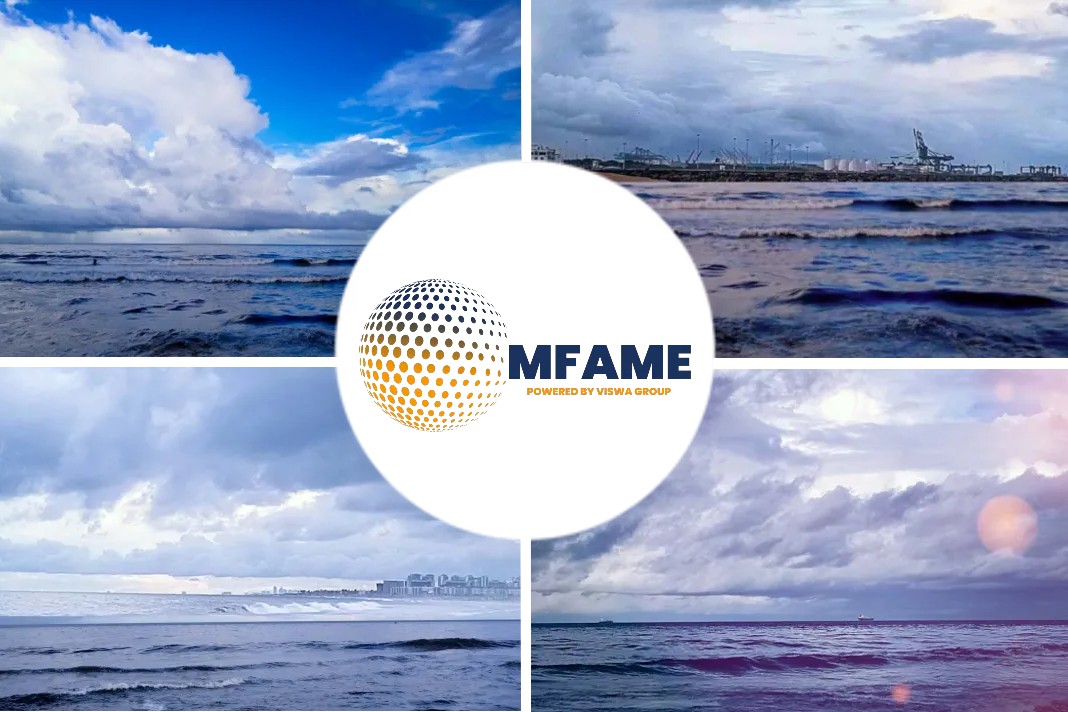
- In their Post-MEPC 80 comments, NAPA and ZeroNorth are highlighting the need for shipping to take the necessary steps towards decarbonization, despite the shortcomings of the IMO’s latest decision.
- Every tonne of carbon that isn’t released into the atmosphere matters, and every fraction of a degree closer to the 1.5 degree target of the Paris Agreement will make a difference for the next generations.
- IMO isn’t the sole driver of decarbonization in shipping, and the targets of this latest GHG strategy are not the only emissions reductions goals that owners will need to meet in the short and medium term.
A Strong Signal
According to Mr. Mikko Kuosa, CEO of NAPA, “The targets set out by MEPC 80 might not be as ambitious as we could have hoped, but they do send a strong signal to the shipping industry. The interim goals adopted for 2030, 2040 and 2050 may be loosely worded, non-binding and fail to align shipping with the Paris Agreement’s 1.5C goal, but they give shipping a sense of what progress will be expected of the industry this decade and for the following two.
Discussions will continue at the IMO about potential economic measures or pricing mechanisms, but there is a lot that we can do as an industry to take control of our own emissions and draw our own pathways towards net-zero in a way that makes sense for our fleets and businesses.
MEPC 80 is further evidence of the need for more focus on tangible and measurable actions that can take place during this decade to reduce greenhouse gas emissions from the maritime sector. To achieve the IMO’s goal of reducing GHG emissions by at least 20%, striving for 30% this decade, the industry will need to make the most of the technology that can already reduce its carbon footprint today.
Improving Efficiency
As a paper submitted to IMO by IMarEST highlights, although progress has been made towards efficiency, there is still volatility in speed reduction suggesting that much more progress on decarbonisation can be achieved today by optimising speed and improving efficiency.
Other regulations like EU ETS, EU MRV, HELCOM or cargo owners’ own ESG or net-zero policies will also drive the global fleet towards lower emissions. MEPC 80 may be over, but its full outcome will be defined by what the industry decides to do next. And a lot can be done already.”
Mr. Soren Meyer, CEO of ZeroNorth commented that: “The IMO’s revised decarbonisation strategy represents a step forward but falls short of the ambition required to align our sector with the Paris Agreement. The agreed-upon “indicative checkpoints” do not provide a clear pathway to net-zero emissions, instead merely aiming for reductions of 20% by 2030 and 70% by 2040, with ‘stretch goals’ of 30% and 80% respectively. We should view the outcomes of MEPC 80 as a foundation rather than a ceiling for action and aim for those higher 2030 and 2040 targets, not for baseline compliance. At the same time, we must also keep an eye on the role that other regulators will now look to play and consider solutions that will help us overcome a fragmented regulatory landscape with vessels operating in different regions potentially facing varying emissions standards, compliance measures, and reporting requirements…”
Did you subscribe to our newsletter?
It’s free! Click here to subscribe!
Source: Hellenicshippingnews














![[Watch] Crazy Power Needed to Move World’s Largest Containerships](https://mfame.guru/wp-content/uploads/2023/11/mfame-tanker-100x70.jpg)

